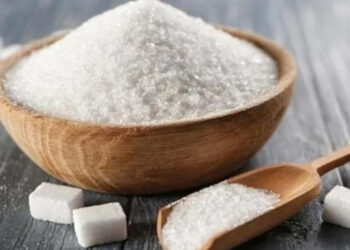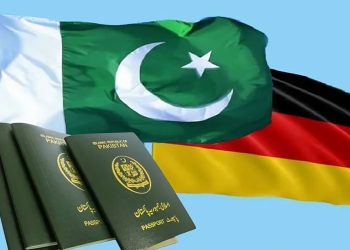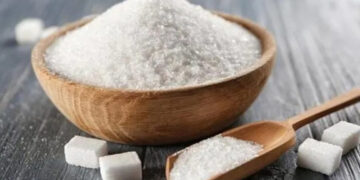Prices of consumer goods continued to rise in December as inflation edged up to 12.3 per cent from 11.5pc, the largest increase recorded in nearly two years that also beat the government’s expectations, indicating the difficulties ahead once the highly inflationary mini-budget is implemented.
The Consumer Price Index (CPI), jumped to 12.3% in December over the same month a year ago, the Pakistan Bureau of Statistics reported on Saturday – a day after Prime Minister Imran Khan approved Rs4 per litre increase in prices of petroleum products under the IMF deal.
A fortnightly review of petroleum prices has become a regular practice, and more often than not it results in unpleasant news for the citizens of Pakistan. Though the government claims that the prime minister rejected the proposal of the Oil and Gas Regulatory Authority (Ogra) for a higher increase in prices of petroleum products, even a four rupees per litre increase is no small shot.
The 12.3% annual inflation rate was the highest since February 2020, showing the statistics, dashing government expectations of keeping the index below last month’s reading of 11.5%. The prices have been rising due to the government’s administrative decisions coupled with steep currency depreciation, which is making food, electricity and transport unaffordable for the common man.
The fresh inflation reading may also cause a further increase in interest rates by the State Bank of Pakistan that is now following headline inflation number (new 12.3%) to determine the policy rate instead of core inflation. Last month, the central bank increased interest rate by one percentage point to 9.75% to contain inflation, which is largely fuelled by factors that cannot be addressed by increasing interest rates.
The pace of food inflation accelerated to 11.7% in cities and to 9% in villages and towns. Prices of non-perishable goods jumped significantly as people still awaited the government’s decision to reduce prices of cooking oil, sugar and wheat flour. Average inflation during first six months (July-December) remained at 9.8% – far higher than the government’s target of 8% and initial projection made by the SBP.
Of all the economic challenges facing the country, high inflation remains the most crucial for the public. With the bulk of the increase in headline inflation being fed by consistently surging food and energy prices, it is the present government’s policies and poor governance that are to blame for the crisis. The government should take more serious action to mitigate the increasing economic hardship being endured by people in the wake of soaring inflation.






























